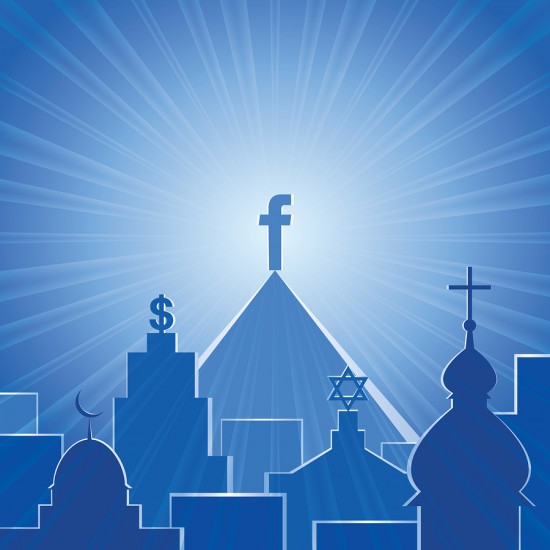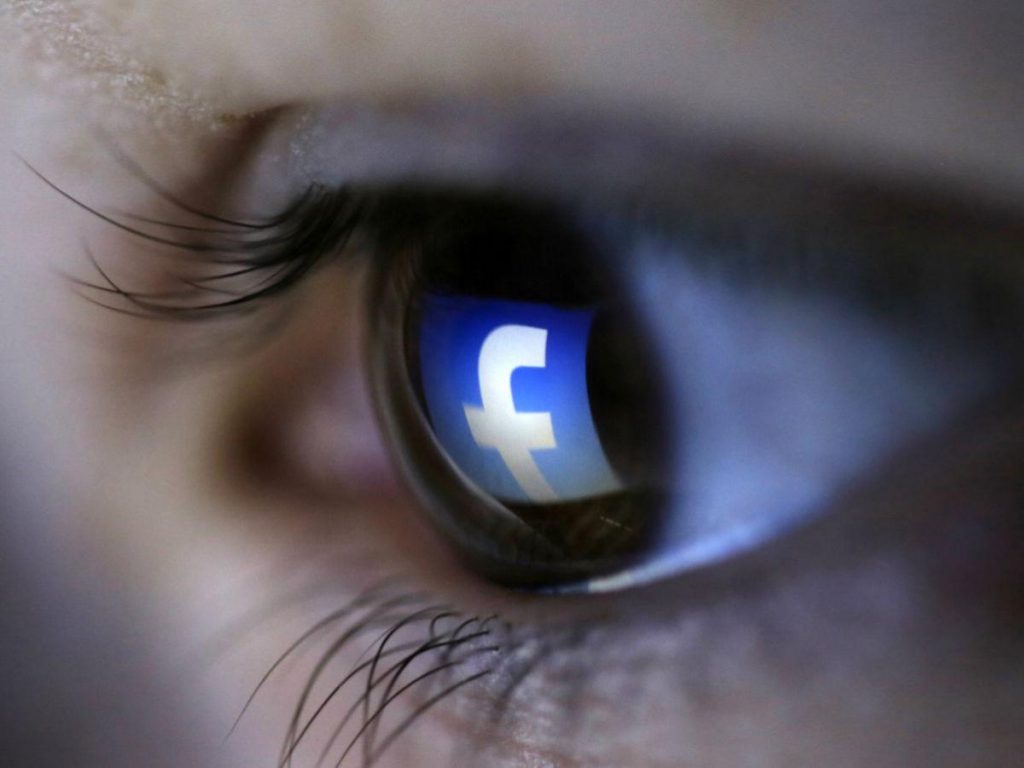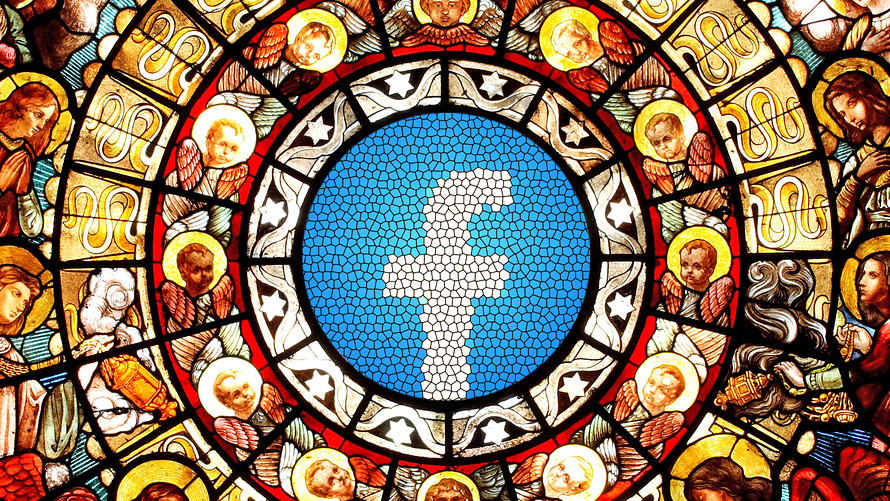“Partnerships between religious leaders and Facebook reveal how Big Tech and religion are converging far beyond simply moving services to the internet. Facebook is shaping the future of religious experience itself, as it has done for political and social life.”
New York Times
So now that Facebook has killed what was left of political comity and compromise, by catalyzing division and hate through its algorithms, it’s turning its hellish gaze on organized religion to kill what’s left of religious feeling and fellowship. Is that part of God’s plan?
As the NYT has reported, “Facebook created its faith partnerships team in 2017 and began courting religious leaders, especially of evangelical and Pentecostal groups, in earnest in 2018.”

“Faith organizations and social media are a natural fit because fundamentally both are about connection,” Sheryl Sandberg, the company’s chief operating officer, said.
Nona Jones, the company’s director for global faith partnerships and a nondenominational minister, laid it on thick: “I just want people to know that Facebook is a place where, when they do feel discouraged or depressed or isolated, that they could go to Facebook and they could immediately connect with a group of people that care about them.”
Right, and my mechanical dog loves me too. I’m saving up to buy the new version, which licks my face and takes fake poops on the carpet.
The perpetual boy Zuckerberg has operated from one simple, very profitable premise since he first stole the idea for Facebook from his friends at Harvard: A sucker is born every nanosecond, and only I can monetize them.
Doubling down on the devil’s work, sweet Sheryl sang to the choir on the wire: “Our hope is that one day people will host religious services in virtual reality spaces as well, or use augmented reality as an educational tool to teach their children the story of their faith.”
Translation? “Now that we’ve provided the platform for you to escape from reality into your own personal bubbles of phony friends and QAnon conspiracies, we want to help you, through the wonders of Virtual Reality, to augment your self-made fantasy worlds and raise your children in Facebook’s own image.”
I’ve never been a believer in End Times theology, but it’s hard not to feel this isn’t the last act of Darkness: “Last month, Facebook executives pitched their efforts to religious groups at a virtual faith summit, which resembled a religious service, and included testimonials from faith leaders about how Facebook helped them grow during the pandemic.”
Bishop Robert Barron, founder of an influential Catholic media company, said Facebook “gave people kind of an intimate experience of the Mass that they wouldn’t normally have.”
“An intimate experience of the Mass” on Facebook? That’s like saying people are having an intimate experience of sex through online pornography. And why not? Online reality has become indistinguishable from so-called reality.
In its usual comically detached style, the New York Times drily notes: “The collaborations between Facebook and faith communities raise not only practical questions, but also philosophical and moral ones. Religion has long been a fundamental way humans have formed community, and now social media companies are stepping into that role. Facebook has nearly three billion active monthly users, making it larger than Christianity worldwide, which has about 2.3 billion adherents, or Islam, which has 1.8 billion.”
That’s right, the putative numbers of Christians and Muslims now have as much relevance and meaning now as Facebook clicks.

Then there’s the issue of data harvesting and mind control. What these faith leaders in league with Facebook are saying is that the manipulation of people’s minds through appealing to their starving souls has merged with the manipulation of people’s minds through their consumer and political patterns. The business of religion, and the religion of business have truly become a distinction without a difference.
To wit, “Leaders of the Church of God in Christ, a largely African American Pentecostal denomination of roughly six million members worldwide, recently received early access to several of Facebook’s monetization features, offering them new revenue streams,” according to the denomination’s social media manager, Angela Clinton-Joseph.”
Bobby Gruenewald, a pastor at Life.Church in Oklahoma, in recalling how he worked with Facebook on a Bible-verse-a-day feature in 2018, summarized faith leaders devil-may-care attitude: “From our vantage point, Facebook is a platform that allows us to build community, and connect with our community and accomplish our mission. So it serves I think everybody well.”
Indeed, it profits everyone well, but that has nothing to do with the inward life. Religious experiencing necessitates giving priority to solitude over “connection” and “community,” which have about as much meaning and substance now as Facebook friendship.
“We have never been more postured for the Great Commission than now,” a Facebook faith partner said, referring to Jesus’ call to “make disciples of all nations.” He is partnering with Facebook, he said, “to directly impact and help churches navigate and reach the consumer better.”
Consumer is right. And the consumer is always wrong.
Martin LeFevre
Link:

